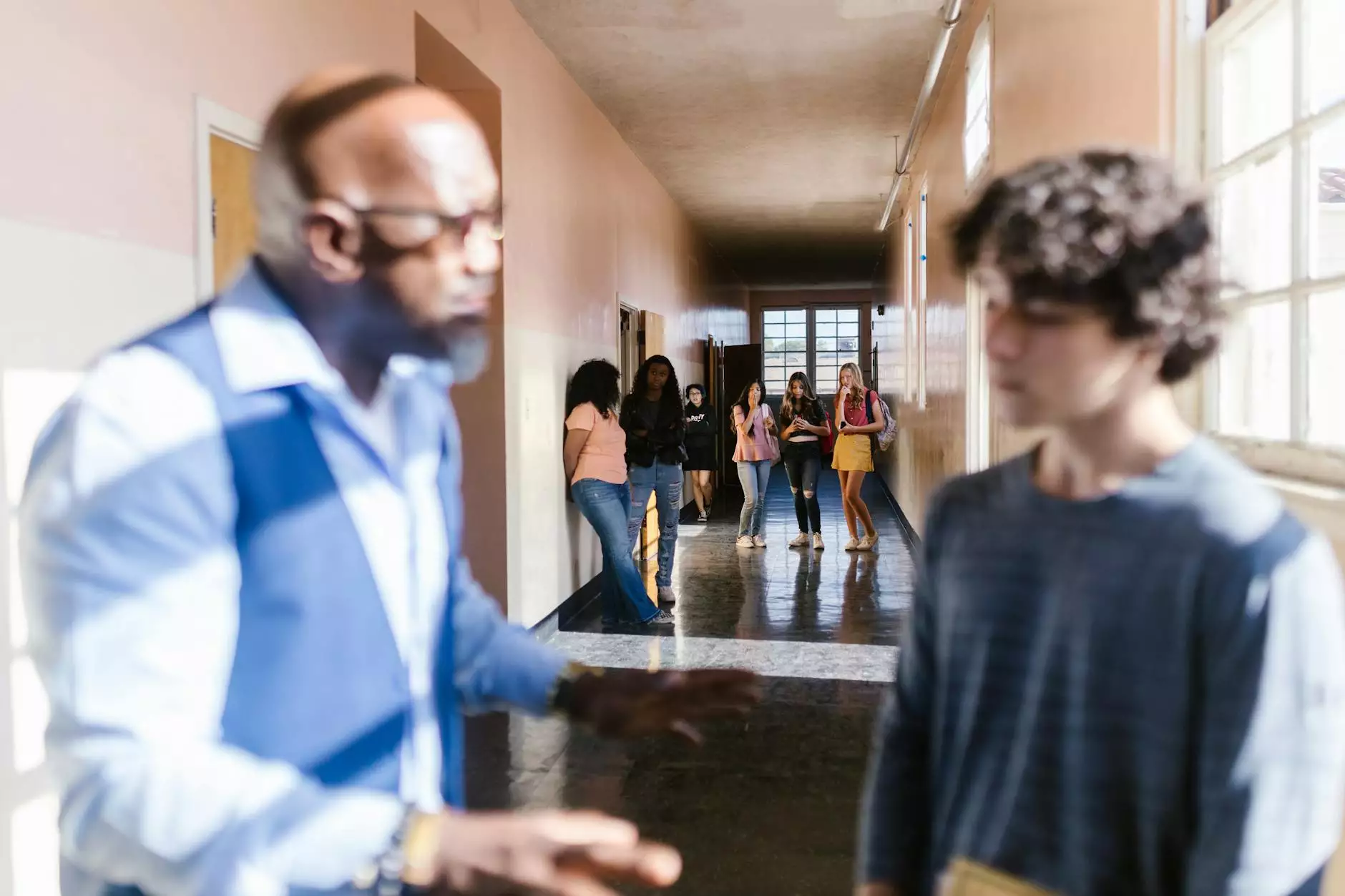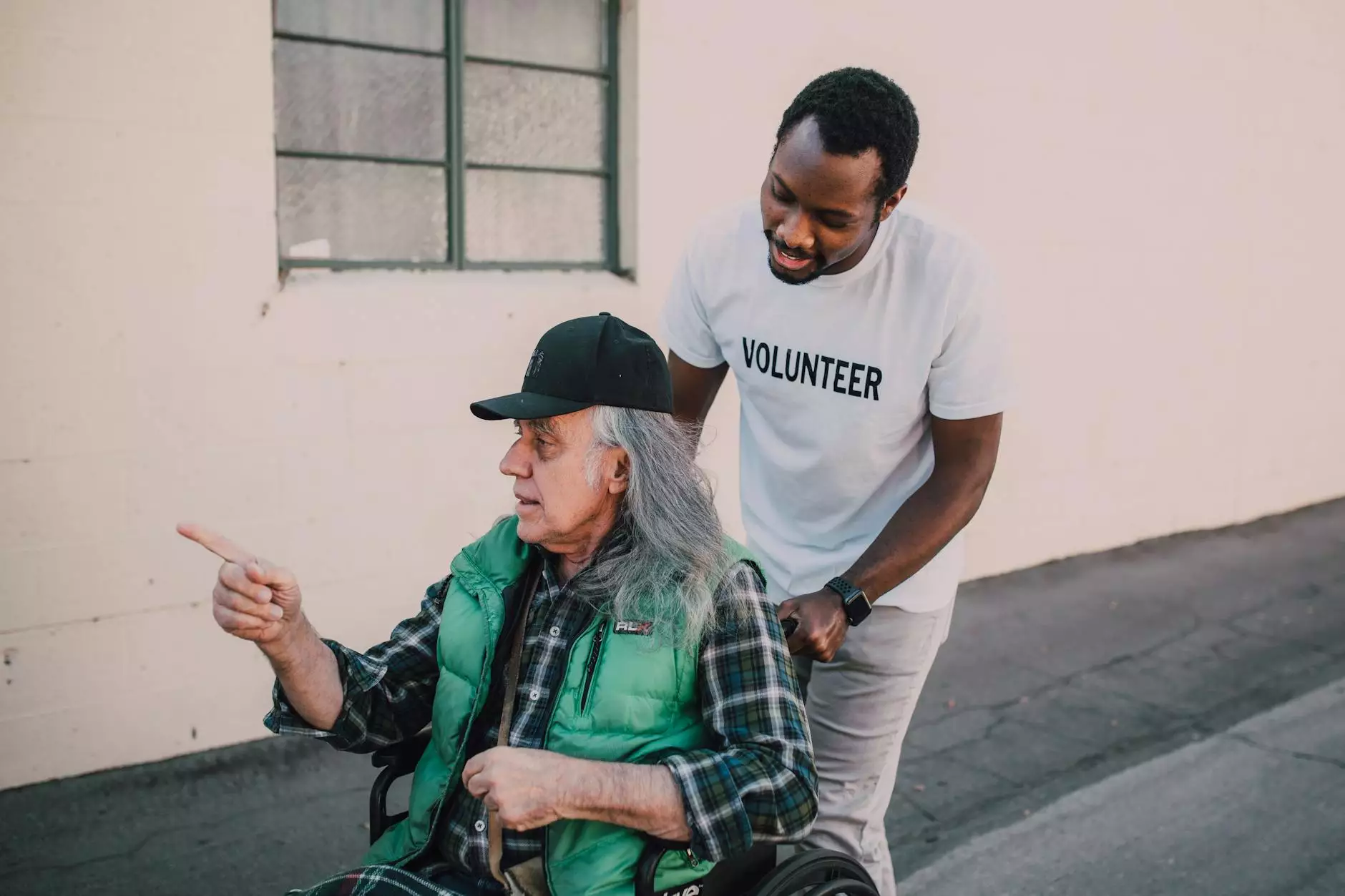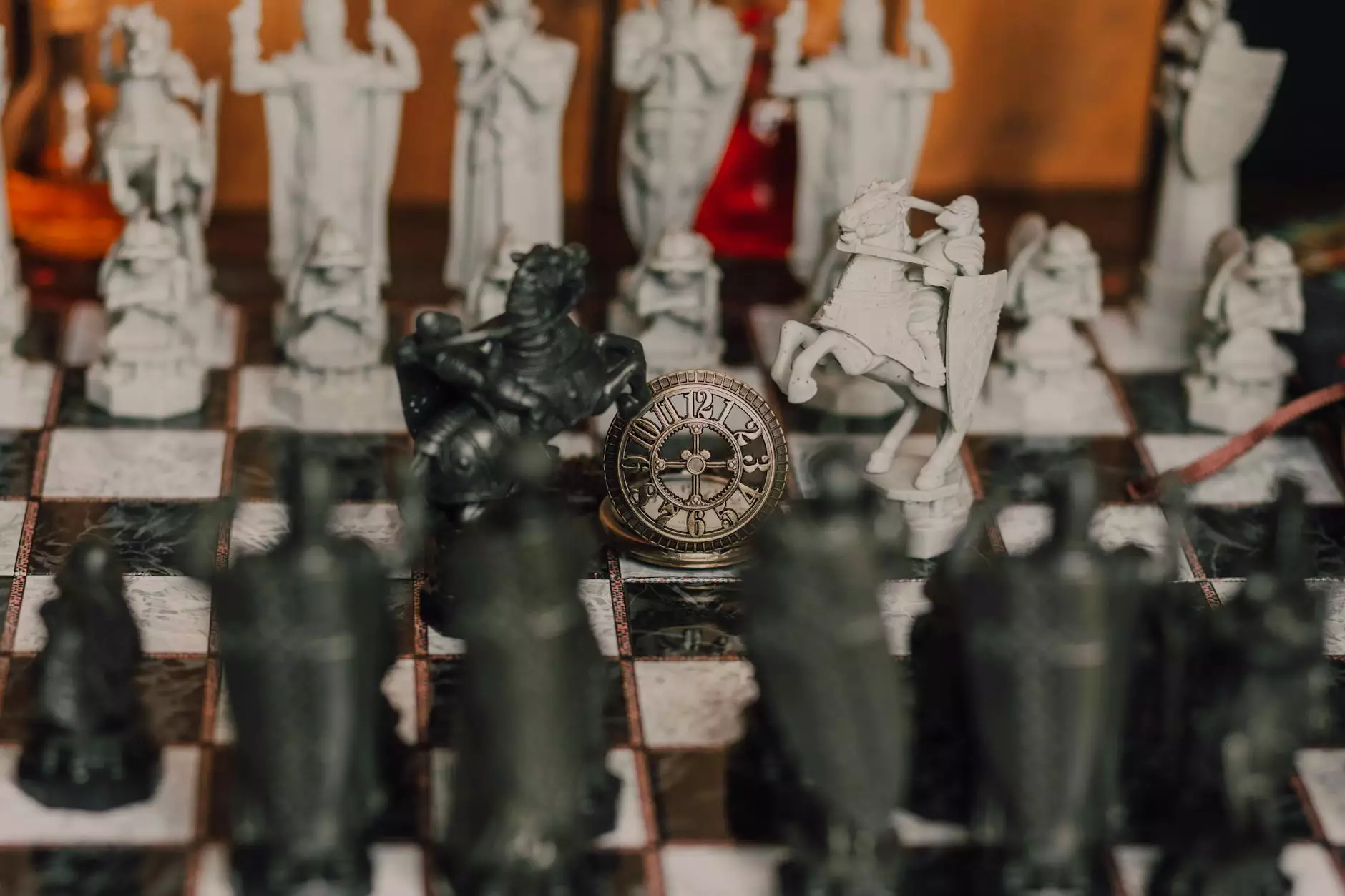The Rising Influence of Christine Naungayan in Mental Health Counseling

The world of mental health and counseling is experiencing a significant shift as professionals increasingly recognize the value of cultural competence and indigenous practices. One name that stands out in this context is Christine Naungayan. Emerging from the rich tapestry of the indigenous peoples in the Philippines, particularly the Cordillera region, Naungayan's work embodies a unique blend of traditional wisdom and modern psychiatric techniques that is helping to reshape mental health care.
The Importance of Cultural Sensitivity in Mental Health
As globalization progresses, the significance of understanding and respecting cultural differences in mental health practices has never been more crucial. In the field of psychiatry, recognizing the nuances of various cultural backgrounds can dramatically improve treatment outcomes. This includes understanding the language, customs, and beliefs of clients, which often play pivotal roles in their mental health journeys.
Why Cultural Competence Matters
Cultural competence is defined as the ability of healthcare providers to recognize and respond appropriately to the cultural factors that influence a patient's health beliefs and behaviors. This competence allows professionals to:
- Build Trust: Establishing a rapport with clients from diverse backgrounds enhances the therapeutic relationship.
- Enhance Communication: Using culturally relevant language and concepts facilitates clearer dialogue.
- Improve Treatment Efficacy: Tailoring treatment plans to align with cultural values increases the likelihood of positive outcomes.
Christine Naungayan: A Beacon of Hope
Christine Naungayan has emerged as a significant figure in advocating for mental health within indigenous communities. Her understanding of the intersection between culture and psychological well-being allows her to address the unique challenges faced by these populations. Naungayan's approach integrates traditional healing practices with contemporary psychological methods, demonstrating an innovative model for mental health practitioners.
A Unique Approach to Therapy
Naungayan's therapeutic approach is deeply rooted in understanding the client's cultural context. Some of her techniques include:
- Incorporating Indigenous Healing Practices: Integrating local customs and rituals to enhance client comfort and engagement.
- Community-Based Interventions: Fostering group therapies that involve family and community members, reinforcing the importance of social support in mental health.
- Language Adaptation: Using the local dialects to communicate more effectively with clients, ensuring that their voices are heard and understood.
The Societal Impact of Native Practices in Mental Health
The inclusion of indigenous practices in mental health care not only benefits individual clients but the community at large. Here’s how:
Strengthening Community Bonds
When mental health practitioners like Christine Naungayan emphasize community-based interventions, they foster stronger relationships within families and tribes. By involving community members, mental health practitioners support a collective healing process that reinforces social cohesion and cultural identity.
Encouraging Dialogue
The incorporation of indigenous perspectives in mental health facilitates open discussions about mental health issues, breaking down the stigma surrounding these topics. Naungayan's efforts encourage communities to address psychological well-being openly, much like they would any physical health issue.
Revitalizing Cultural Heritage
Naungayan’s work also aids in the preservation of indigenous knowledge and practices. By integrating traditional healing with modern psychiatric methods, she empowers communities to retain their cultural identity while embracing advancements in mental health care.
Success Stories and Recognitions
Numerous case studies highlight the effective results of Naungayan's approach in mental health management. Clients involved in her programs have reported:
- Improved Mental Well-being: Many individuals experience reduced symptoms of anxiety and depression.
- A Greater Sense of Belonging: Clients feel more connected to their communities and cultural norms.
- Empowerment: By embracing their cultural identity, clients develop a stronger sense of self-worth and agency.
The Future of Mental Health with Cultural Integration
The trajectory of mental health practices is undoubtedly moving towards a more inclusive model, one that mirrors the values demonstrated by Christine Naungayan. This paradigm shift holds the potential to revolutionize psychiatric care, particularly in multi-cultural settings.
Training Future Practitioners
To ensure that this movement continues to thrive, it's essential to train future mental health professionals in cultural competence. Institutions can implement curricula that emphasize:
- Cultural Awareness: Understanding diverse backgrounds and their implications on mental health.
- Community Engagement: Encouraging students to participate in outreach programs and community-based research.
- Ethical Practice: Committing to respect and integrate the cultural values of the clients they serve.
Conclusion: A Call to Action
As we reflect on the contributions of Christine Naungayan to the field of mental health, it is clear that the future of psychiatric care lies in embracing diversity and promoting cultural sensitivity. Stakeholders in healthcare should advocate for policies that prioritize culturally competent care to achieve better mental health outcomes for all individuals, regardless of their backgrounds. By supporting initiatives that resonate with the teachings of indigenous leaders like Naungayan, we can move towards a more equitable and effective mental health system.
In summary, the integration of cultural practices in mental health, as exemplified by Christine Naungayan, not only enhances individual well-being but also strengthens the fabric of communities, paving the way for a healthier and more inclusive society.









